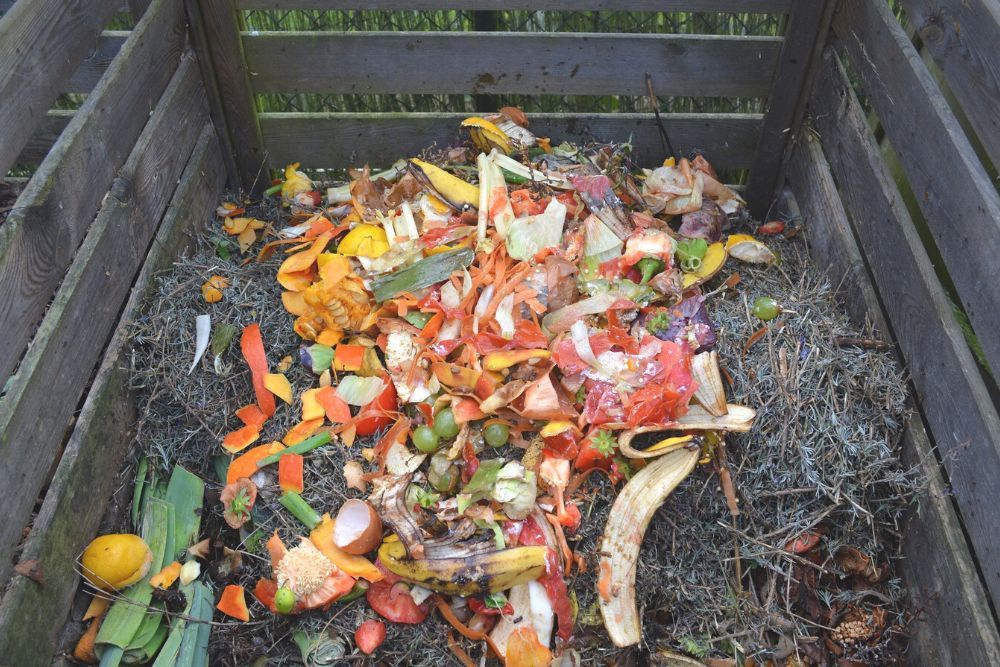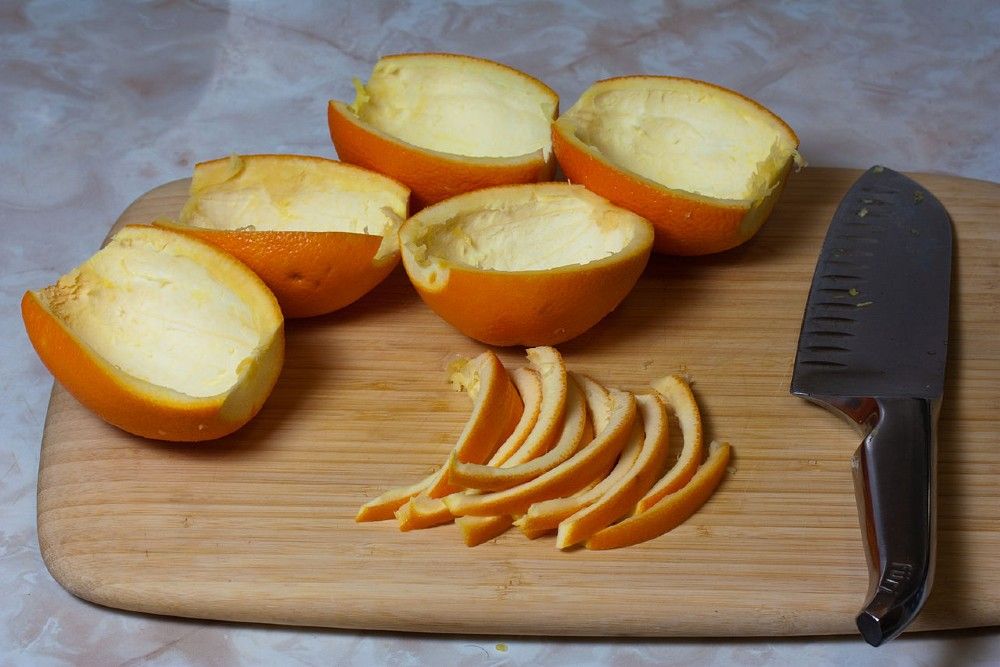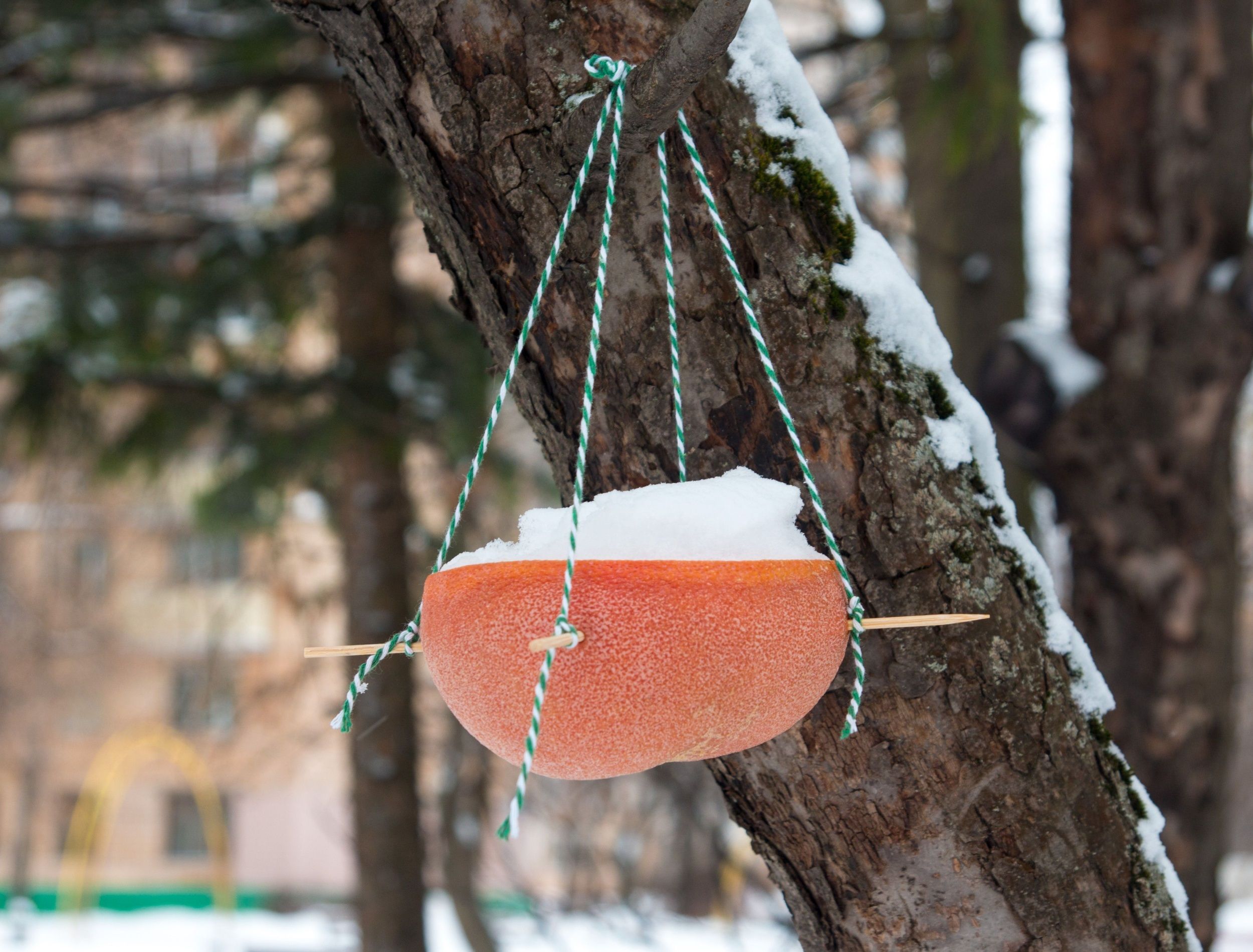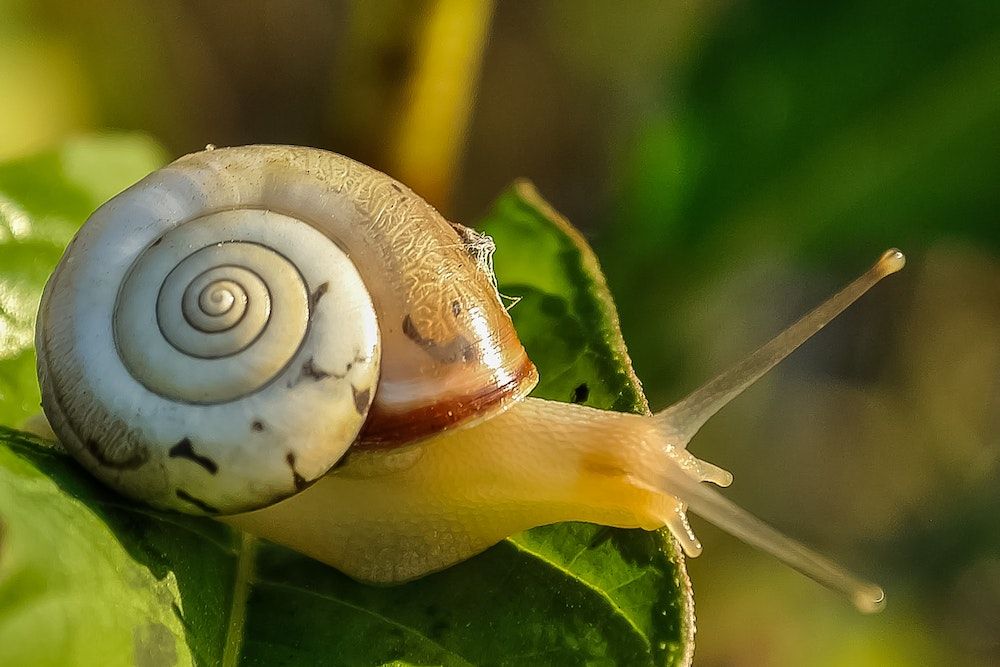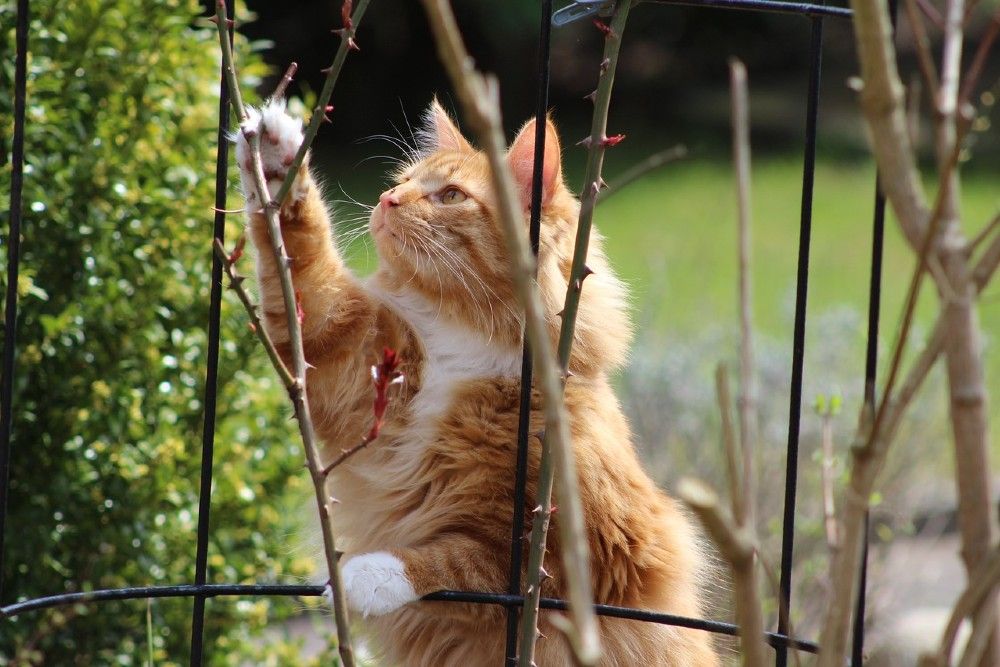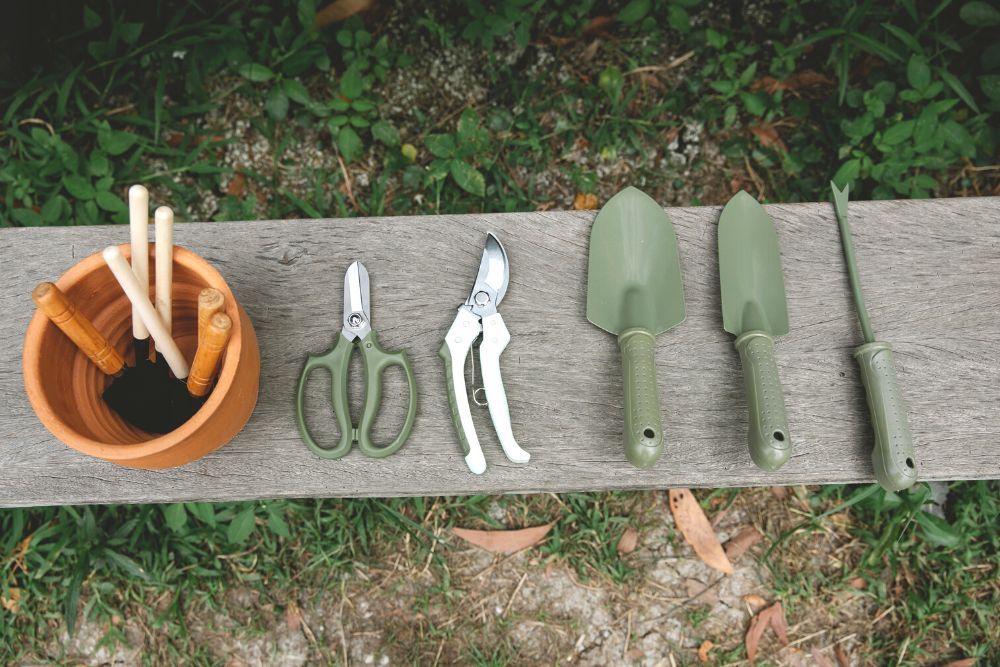Packed full of antioxidants, minerals, and vitamins, citrus is a powerful fruit that has many uses outside of boosting your immune system. Once you eat the fruit, you can use the potent-smelling orange peels for a host of household and backyard tasks, including gardening. From using the orange peel whole to brewing a citrus tea, to using it in your compost, there are a plethora of ways you can transform and use the humble orange peel.
Add Them to Your Compost Pile
Image credits: Ben_Kerckx via Pixabay
One of the best things you can do with old kitchen scraps, including orange peels, is add them to your compost pile. It can take upwards of two years for orange peels to decompose. They are high in nitrogen, potassium, and phosphorus which, once broken down, makes fertile soil for your garden.
However, oranges are acidic, and if mixed with an imbalanced ratio of alkaline organic material, they can also make the soil quite acidic. This is fantastic for acid-loving crops such as blueberries, potatoes, and azaleas, but may not be compatible with crops like asparagus, beans, and kale. The acidic nature of oranges is also not ideal for worms in large quantities as they prefer a neutral pH, so it’s best to skip the citrus when vermicomposting.
Sprinkle Chopped Peels in Your Garden
Image credit: Veganbaking.net via Creative Commons
Since oranges are high in acid and vital plant nutrients such as potassium and phosphorus, you can use this to your advantage. It’s always a good idea to test your soil pH and mineral levels first for a base reading before adding soil additives. Then, if needed, add chopped or ground orange peels directly to garden beds of acid-loving plants. The peels will act as a fertilizer and decrease the pH. Your peppers, radishes, and rhododendrons will love you for it.
Seed Starter Pot
Image credits: svetlana-81 via Shutterstock
To use your orange peels as seed starters, you must first learn the art of carving citrus. Clementines and tangerines tend to be easier to detach the rind from the fruit, but their rinds are also quite thin. Larger oranges, such as navel oranges or mandarins, have thicker rinds but tend to be harder to remove the fruit. You can use any type of orange or citrus fruit as a seed starter pot. Carefully, peel a small circle of the rind and scoop the fruit out with a spoon.
Then, fill with seed starting mix, and add your seeds, and water. Place it in a window, under a grow light, or transform it into a hanging basket and wait, keeping it moist. Once your seedling is ready for transplant, you can either remove the rind or plant it directly into the garden.
Deter Pests
Image credit: Pixabay via Pexels
The Limonene (a colorless liquid) in the oil of citrus peels produces a strong turpentine scent that is a deterrent for many pests including slugs, aphids, ants, and whiteflies. In addition to warding off a variety of unwanted garden pests, citrus is environmentally friendly, has low toxicity, and is safe for your pollinator friends. Bees are not deterred by citrus, meaning you can happily use citrus peels in your garden without losing any of your much-needed garden insects.
For slugs, spread the orange peels over the surface of your garden. Be sure to replace the peels every few days as they will dry out, and they work better as a repellant when fresh.
Since citrus oil is partially soluble in water, you can also create a citrus spray by boiling a few cups of water with orange peels. Then, allow the liquid to cool, strain out the orange peels, and pour it into a spray bottle. Spray the leaves of the plant and directly on the pests anywhere you see them; repeat every few days. For ant-hills, instead of spraying, pour the liquid directly into the anthills.
Note: Do not use the fruit of the orange as this could attract pests.
Deter the Neighborhood Cats and Dogs
Image credit: Peter-gebhard via Pixabay
While the neighborhood cats and dogs may be cute, they can occasionally wreak havoc on the garden. Cats are notorious for making gardens their litter box, and dogs may decide to dig for fun or for a carrot. Whichever the case, pets can be pests in the garden.
The strong scent of oranges is a fantastic and safe repellent for cats and dogs. Both four-legged friends have sensitive noses and don’t like the smell, but it won’t harm them. You can add whole or ground peels around the edges of your gardens, or to take it up a notch, mix coffee grounds in as well. The mixture of both is a strong scent that cats are sure to avoid.
Cleaning Supplies
Image credits: Gary Barnes via Pexels
Citrus is also a powerful cleaning tool with both anti-bacterial and anti-fungal properties. The above spray for pests is also great as a cleaning spray; boil water with orange peels, strain it and pour it into a spray bottle.
Then, you can use the spray to clean your garden tools and old pots after you use them. This ensures you aren’t passing on pests and diseases to the next host of plants. As an added benefit, your gardening tools will smell fantastic.
Orange You Clever
Orange peels have a variety of uses in the household and in the garden. Whether you choose to use the peels whole or brew a tea, there are endless options for how and where to use them. From their anti-fungal properties to their ability to enrich the soil and deter pests, they are a multi-use fruit. So the next time you eat an orange, why not try out one of these clever tips with the peel to enhance your garden?
Do you reuse your orange peels? Share in the comments your tips and tricks for using orange peels in the garden.


